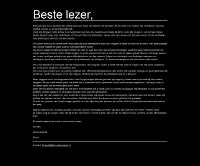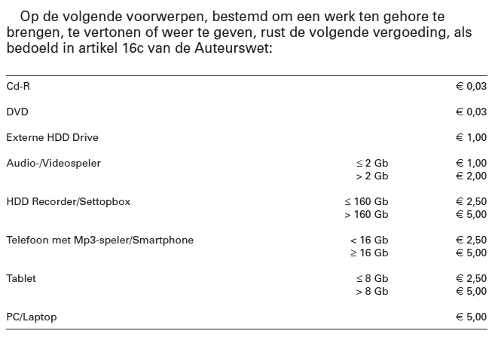![]()
Composer Maarten Hartveldt, famous for composing the music heard throughout the Efteling amusement park, had his day in court recently and won one of the two battles he was fighting: getting paid more for his work. The other battle, claiming that his music was not akin to filling station music, he unfortunately lost.
For years Hartveldt had been paid a measly 198 euro a year for music that everybody associates with the Efteling and other locations, and decided that Buma-Stemra who is there to defend his rights was not paying him properly. The court decided that Buma/Stemra never should have paid Hartveldt as if it his creations were background music, adding that music in theme parks make up a significant part of the experience and atmosphere. However, the court also said that Buma-Stemra doesn’t have to expand its background music category, which Hartveldt fell under for so long.
Hartveldt’s music needs to fall under and be given the same consideration as music used for radio and television, based on the actual music used in the park. The music Hartveldt composed for the Efteling can be heard everywhere in the park by 5 million visitors each year since 2006 on almost 54,000 square metres of land.
(Link: bd.nl)



 For the second time in five years composers’ and performers’ rights organisation Buma/Stemra has lost a substantial sum in severance money to high paid executives.
For the second time in five years composers’ and performers’ rights organisation Buma/Stemra has lost a substantial sum in severance money to high paid executives. 
 The Court of Justice of the European Union
The Court of Justice of the European Union  Ray Kluun has
Ray Kluun has 
 Engelfriet
Engelfriet